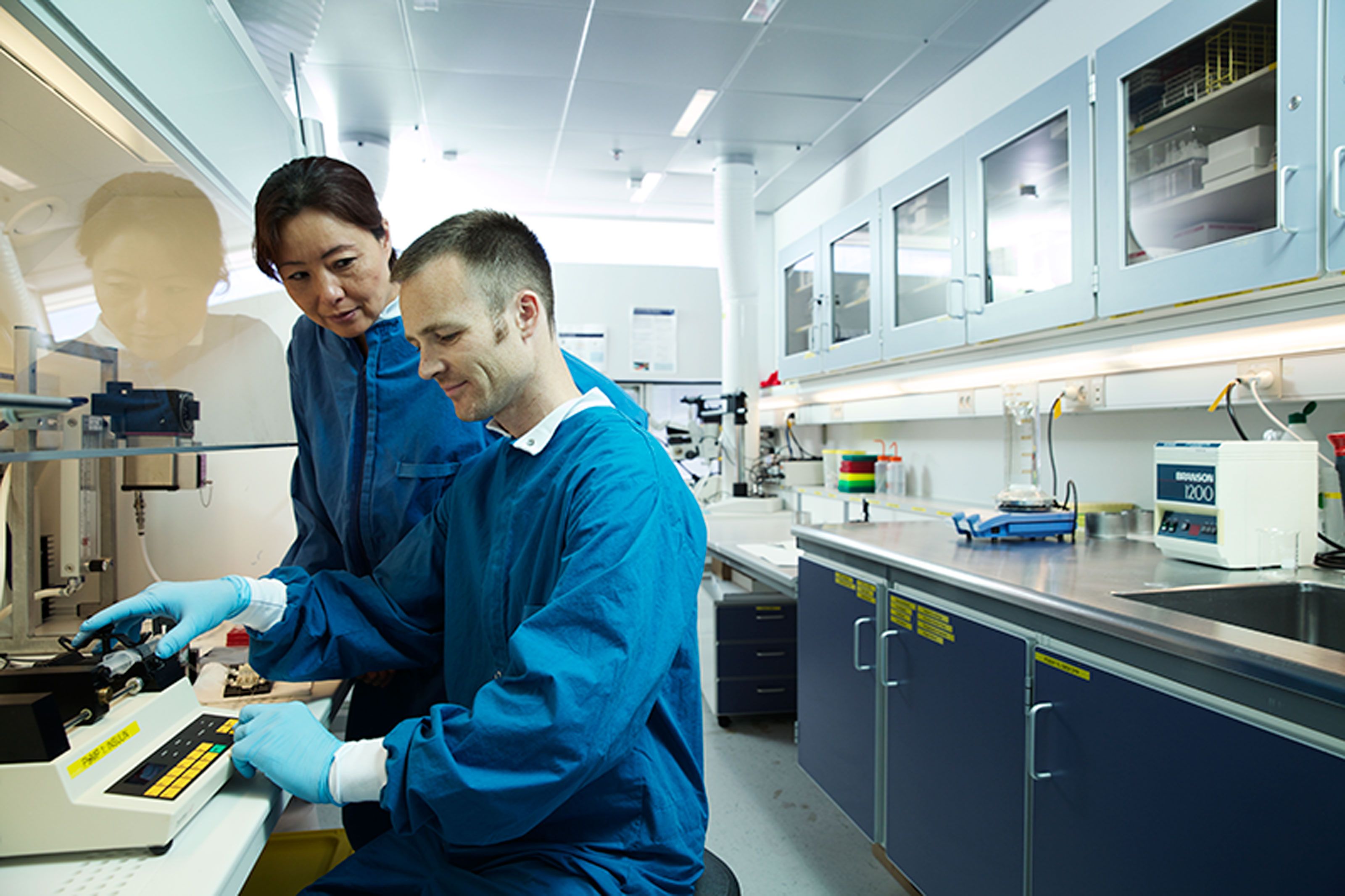Danish pharmaceutical giant Novo Nordisk has announced that all of its 17 facilities worldwide will be self-sustainable by 2020.
The news comes a month after the company revealed that its production facility in Tianjin, China would run on green energy from a wind turbine park in Mongolia in the future.
“Setting an absolute target of zero CO2 emissions from electricity at all our global production sites in just five years is ambitious, as our production is growing to meet the increasing global demand for our diabetes products,” said Henrik Wulff, the executive vice president and head of Novo Nordisk’s product supply.
READ MORE: Novo Nordisk investment to create hundreds of jobs
Embracing RE100
Novo Nordisk said that the sustainable energy needed to fulfil its strategy will be garnered from a variety of sources, all depending on the location of the facility. Production sites in Denmark, Brazil and Japan already use energy from renewable sources.
“In Denmark, we get our electricity from wind turbines and this will also be the case in China, but there is not a one-size-fits-all solution and we will identify the most efficient renewable electricity sources for our production facilities in the other countries,” said Wulff.
“Switching to renewable electricity makes sense from both a climate and a cost perspective. As more companies invest in renewable electricity, the technology is likely to get even more efficient and less costly.”
The company recently joined the RE100, a joint initiative of global influential businesses committed to 100 percent renewable electricity, working to massively increase corporate demand for renewable energy.
Other companies of note that have joined the RE100 list are IKEA, British Telecom, H&M, Johnson & Johnson, Philips, Nike, SAP and Starbucks.
















